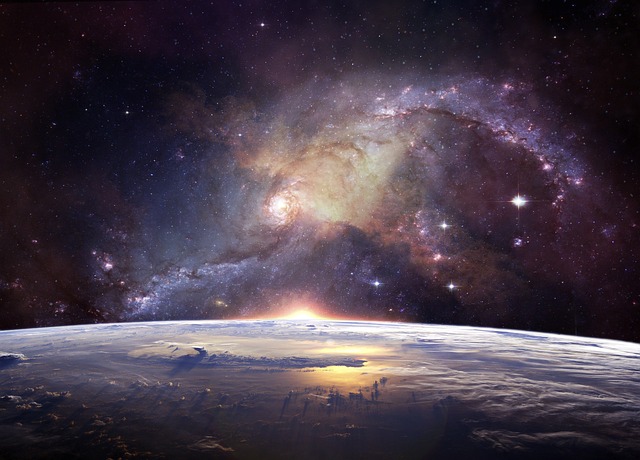The cosmos refers to all of space and time, while the universe is the entirety of all matter, energy, galaxies, stars, and planets within the cosmos.
TL;DR Cosmos Vs. Universe
The cosmos refers to everything that exists, including all matter, energy, and space-time. It encompasses not only our observable universe but also other dimensions and realms that may exist beyond our current understanding.
The universe is a term used to describe the entirety of everything that exists within our observable reality. It includes galaxies, stars, planets, and all other celestial objects within reach of human observation.
What is the Cosmos?

The cosmos, derived from the Greek word “kosmos” meaning order or arrangement, refers to the entirety of space and everything within it. It encompasses all galaxies, stars, planets, asteroids, comets, and even the tiniest particles that make up our universe.
Think of the cosmos as a grand tapestry woven together with countless celestial bodies. It represents not only what we can observe but also what lies beyond our current understanding. The cosmos extends far beyond just our own galaxy; it stretches across unimaginable distances and spans billions of light-years.
In essence, when we talk about the cosmos, we’re referring to the vast expanse of everything that exists – both seen and unseen. It’s a concept that evokes wonder and curiosity as we attempt to comprehend its immense scale and complexity.
What is the Universe?

The universe encompasses everything that exists – from galaxies and stars to planets and even tiny particles. The universe is vast, stretching out into infinity, or at least as far as our current knowledge can reach.
In simple terms, the universe refers to all matter, energy, space, and time combined into one enormous entity. It includes not only what we can observe but also what lies beyond our direct perception. Scientists believe that there may be multiple universes or dimensions existing alongside our own.
The universe is constantly expanding, with galaxies moving away from each other due to cosmic expansion. This discovery revolutionized our understanding of the cosmos and led to the Big Bang theory suggesting that our universe originated from a dense and hot singularity.
Cosmos Vs. Universe – Key differences
Cosmos
- Encompasses all of space and time.
- Includes everything that exists, both known and unknown.
- Broader concept, includes potential multiverses or dimensions.
- More philosophical and abstract term.
Universe
- Refers to all matter, energy, galaxies, stars, planets, and celestial objects.
- Specific and observable part of the cosmos.
- Scientifically studied and observed.
- Often used interchangeably with “observable universe.”
Which is bigger, the universe or the cosmos?
If we consider the universe as the entirety of all matter, energy, galaxies, stars, and celestial objects that we can observe and measure, then the universe is a part of the larger concept of the cosmos, which includes not only the observable universe but also potential multiverses, dimensions, and the entirety of space and time. So, in this sense, the cosmos is a broader concept than the universe.
Image Credits
Featured Image By – PayPal.me/FelixMittermeier from Pixabay
Image 1 By – Lumina Obscura from Pixabay
Image 2 By – PayPal.me/FelixMittermeier from Pixabay








